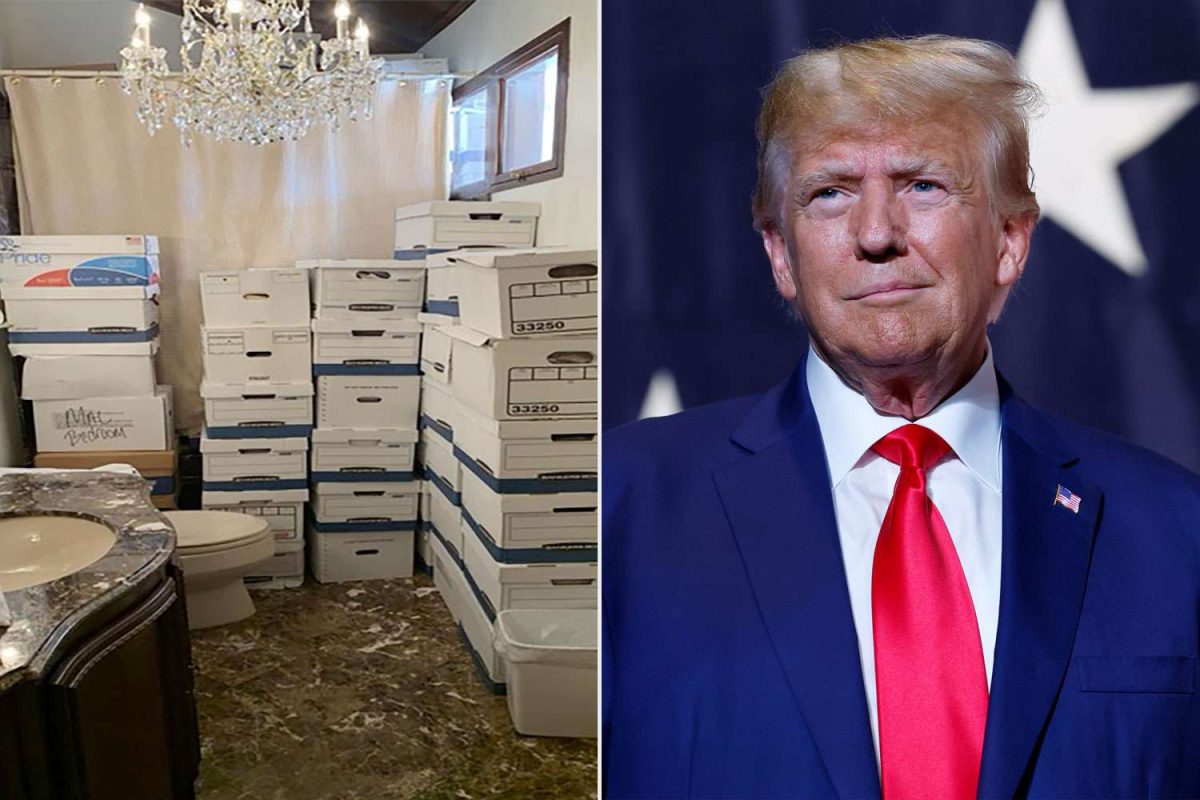Former President Donald Trump and candidate in the 2024 Republican primary is facing 91 charges across four jurisdictions including federal charges under the Espionage Act. Many Americans may not fully understand the seriousness of these charges or even care as the 2024 presidential election approaches. Understanding these indictments is crucial for every American as it transcends mere political rivalry. It reflects the American justice system’s effort to uphold checks and balances and ensure accountability for alleged misconduct including the mishandling of classified documents.
Donald Trump claims these charges stem from political persecution. He has labeled the Jan. 6 rioters, with some found guilty of sedition against the United States, as ‘political prisoners’ and ‘hostages’ and has promised them all pardons. He contends that the ‘Stop the Steal’ rally preceding the Capitol riot was unfairly portrayed. This perceived political targeting forms the crux of his defense. By reading these indictments, citizens can gain a clearer perspective on the gravity of the accusations.
United States of America v. Donald J. Trump, Waltine Nauta and Carlos De Oliveira being heard in the Southern District of Florida include charges of willful retention of national defense information, conspiracy to obstruct justice under the Espionage Act and mishandling classified documents at Trump’s Mar-a-Lago residence and failing to comply with requests to return government documents to the National Archives and Record Administration.
The People of the State of New York v. Donald J. Trump charges Trump’s family and his company of widespread financial fraud. State Attorney General Tish James alleges over 200 instances of false valuations on official documents, including inflating the value of Trump’s Mar-a-Lago estate and falsely claiming millions in cash from real estate developer Vornado.
The State of Georgia v. Donald J. Trump in Fulton County Superior Court involves a 41-count RICO indictment tied to the 2020 presidential election results in Georgia. Central to the case is a recorded call between Trump and Georgia Secretary of State Brad Raffensperger. Last week, the court ruled that three of the charges related to pressuring state officials to change the 2020 election results didn’t hold enough detail to merit a felony offense. He now faces 10 felony counts instead of 13.
United States of America v. Donald J. Trump is a federal criminal case focusing on Trump’s alleged efforts to overturn the 2020 election, including his role in the Jan. 6 Capitol attack. Trump questioned the election results and attempted to overturn them through a plot involving fake electors. In November 2022, Attorney General Merrick Garland appointed Jack Smith as special counsel to lead the investigation. On Aug. 1, 2023, a grand jury indicted Trump on four charges related to his post-election conduct through the Jan. 6 attack. Charges include conspiracy to defraud the United States and obstructing an official proceeding under the Sarbanes–Oxley Act. Trump pleaded not guilty at his Aug. 3 arraignment.
Balancing the narrative of political persecution with the detailed allegations in these documents is essential. This critical engagement is a civic responsibility and vital for participating in the democratic process and understanding one of its most significant legal challenges in American history.























